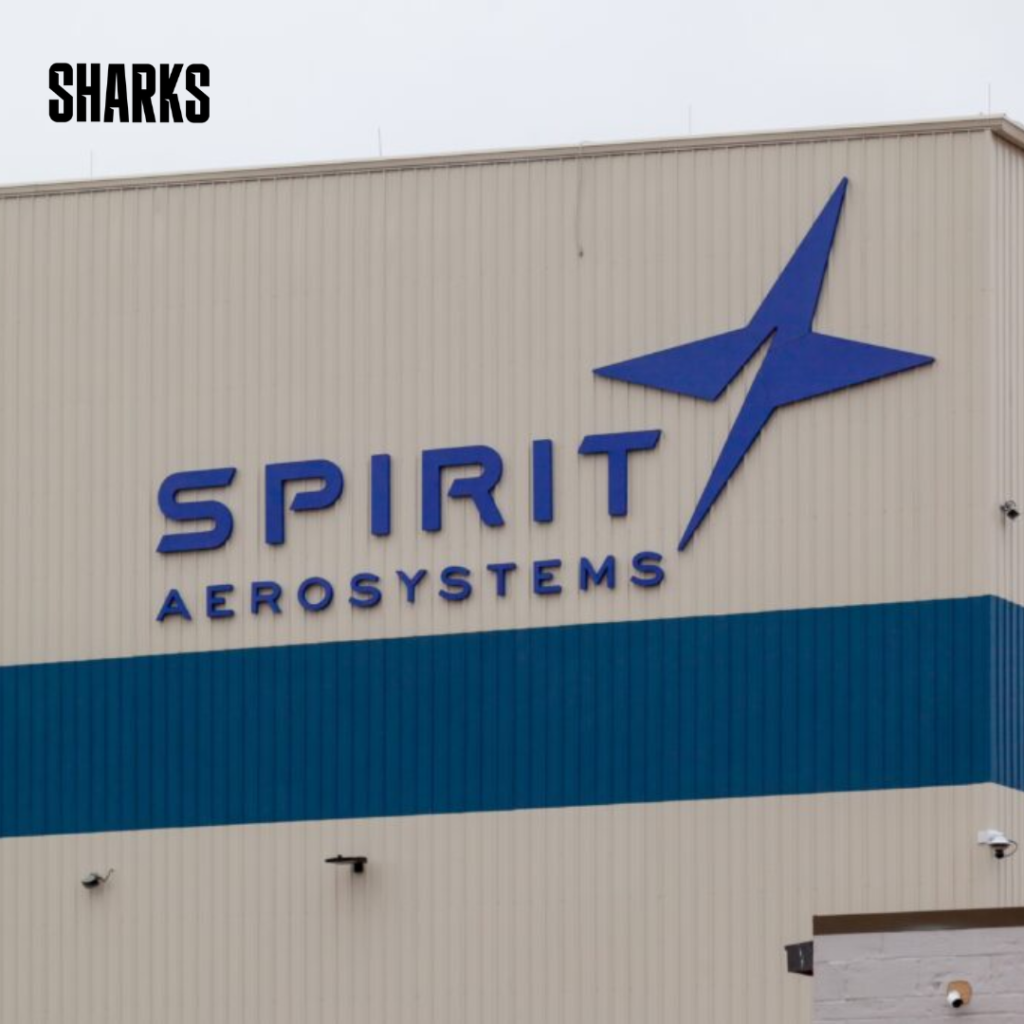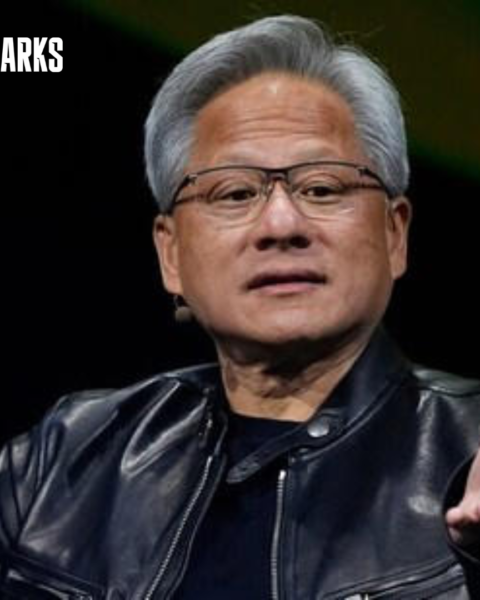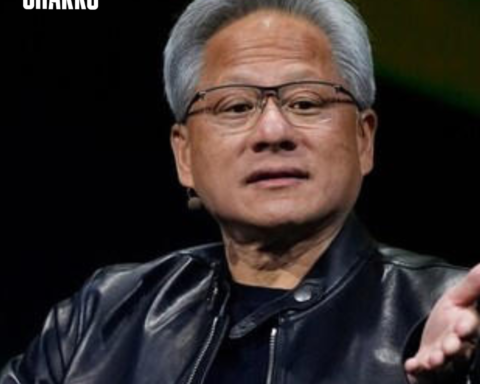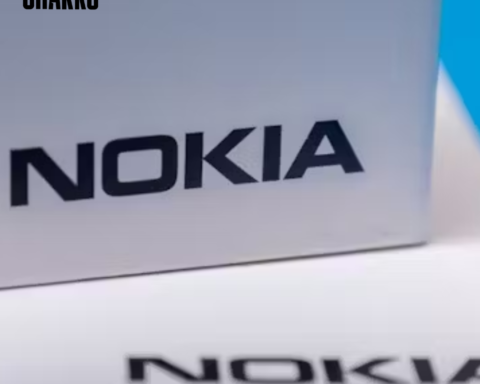Boeing Agrees to Buy Back Spirit AeroSystems for $4.7 Billion

In a significant move, Boeing has agreed to repurchase Spirit AeroSystems for $4.7 billion in stock, while Airbus will take on Spirit’s loss-making Europe-focused activities.
This transatlantic break-up has positively impacted the shares of all three companies involved.
End of Spirit AeroSystems’ Independence:
The nearly two-decade independence of Spirit AeroSystems, the world’s largest standalone aerostructures company, has ended.
The company’s independence was terminated in a carve-up between its largest customers, Boeing and Airbus, following the latest Boeing 737 MAX crisis. The crisis was triggered by a mid-air door plug blowout in January, raising concerns about the resilience of fuselage manufacturing.
Financial Details and Strategic Goals:
Boeing, which spun off Spirit’s core Wichita and Oklahoma plants in 2005, will repurchase its former subsidiary for approximately $37.25 per share, resulting in an enterprise value of $8.3 billion, including debt.
Spirit AeroSystems’ CEO Pat Shanahan stated that the acquisition would enable greater manufacturing and engineering capabilities integration, including safety and quality systems.
Shares of Spirit AeroSystems rose 3.6% in early U.S. trading, while Boeing saw a 2% increase.
Context and Rationale:
The decision to reintegrate Spirit AeroSystems comes as Boeing attempts to resolve an extensive corporate and industrial crisis.
This crisis was exacerbated by the January 5 blowout of a door plug on a new Alaska Airlines 737 MAX 9 jet, highlighting quality control issues. These problems have slowed Boeing’s production significantly, affecting the global commercial aviation industry.
Market and Industry Impact:
Rating agency Fitch indicated that the deal should be operationally beneficial for Boeing, allowing the company to better plan and control future 737 MAX production.
The U.S. planemaker is also addressing leadership changes, announcing the departure of CEO Dave Calhoun following the crisis.
Industry executives and analysts consider Spirit’s former senior Boeing executive Shanahan as a potential replacement for Calhoun.
Future Outlook:
The deal is expected to close by mid-2025, and its completion will be crucial for Boeing’s strategic planning and management.
In a note to investors, Bernstein analyst Douglas Harned mentioned that the deal could provide clarity for Boeing’s board, possibly influencing the decision on the next CEO.
Overall, the acquisition is a strategic move to enhance Boeing’s manufacturing capabilities, resolve ongoing production challenges, and address leadership succession planning.
Share This
Tony Boyce is a seasoned journalist and editor at Sharks Magazine, where his expertise in business and startups journalism shines through his compelling storytelling and in-depth analysis. With 12 years of experience navigating the intricate world of entrepreneurship and business news, Tony has become a trusted voice for readers seeking insights into the latest trends, strategies, and success stories.




















